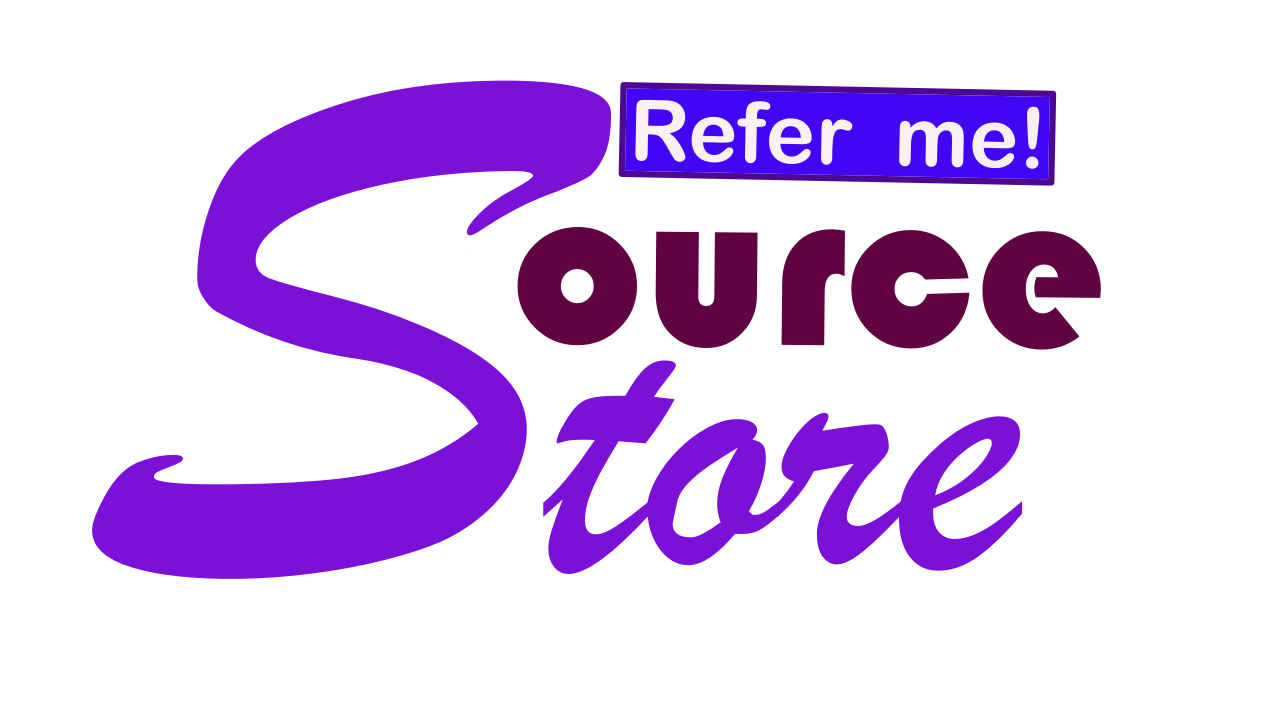Clean beauty is a growing trend in the skincare industry that focuses on using natural, non-toxic, and sustainable ingredients in beauty products. Here's what you need to know about clean beauty and natural skincare:
- Transparency: Clean beauty brands prioritize transparency and ingredient safety, and are often open about their sourcing and manufacturing processes. They avoid using harmful ingredients like parabens, phthalates, and sulfates and instead use natural, organic, and plant-based ingredients that are safe for the skin and the environment.
- Sustainable Packaging: Many clean beauty brands are committed to reducing their environmental impact by using sustainable packaging and minimizing waste. This includes using recyclable or biodegradable packaging materials, as well as offering refillable options.
- Non-Toxic Formulas: Clean beauty products are free from harmful chemicals and toxins that can be found in conventional skincare products. Instead, they use natural and organic ingredients that are gentle and nourishing for the skin, such as aloe vera, chamomile, and jojoba oil.
- Ethical Practices: Clean beauty brands prioritize ethical practices, such as fair trade and cruelty-free sourcing, as well as giving back to communities in need. This means that when you purchase a clean beauty product, you can feel good knowing that you are supporting a brand that values social and environmental responsibility.
- Customizable Options: Clean beauty brands often offer customizable skincare options that allow you to choose ingredients that work best for your skin type and concerns. This means that you can tailor your skincare routine to your specific needs and avoid using products that may not be effective or suitable for your skin.
In conclusion, clean beauty and natural skincare are on the rise due to the increased consumer demand for safe, effective, and sustainable skincare products. By choosing clean beauty products, you can prioritize your health and the environment, while also supporting ethical and transparent business practices.
